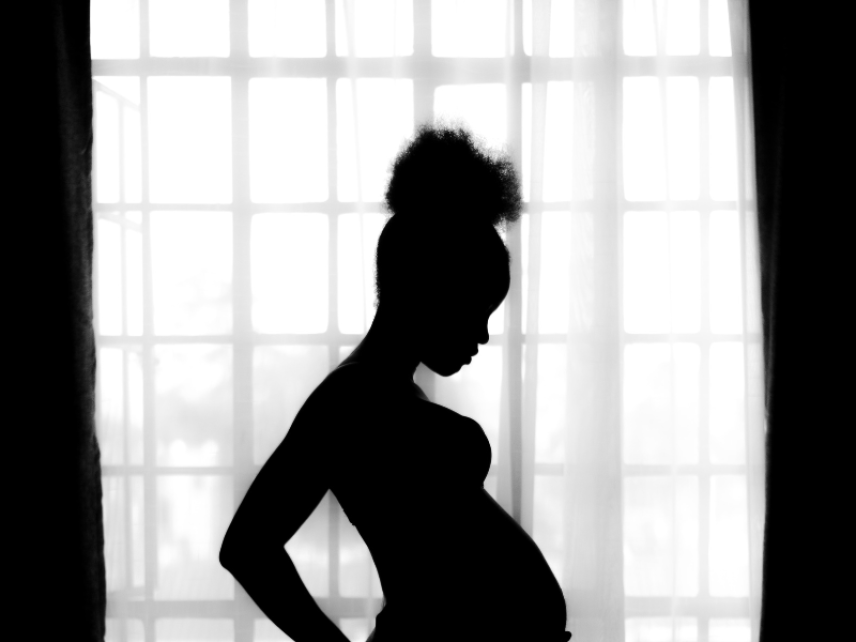Black families, regardless of wealth, face disproportionate risks in childbirth
Professor Laura Wherry, along with Professor Rossin-Slater and Petra Persson of Stanford University, Kate Kennedy-Moulton of Columbia University, and Gloria Aldana of the Census Bureau, authored and published a new study highlighting how health disparities differ based on race and parental income. Professor Wherry played a pivotal role in the newly published study, Maternal and Infant Health Inequality: New Evidence From Linked Administration Data. Wherry’s past research helped the team identify parents using family relationship variables from the American Community Survey.
The study includes nearly all the infants born to first-time mothers from 2007 to 2016 in California, the state with the most annual births, and adds to a growing body of research on childbirth outcomes for Black mothers. The study is significant in the size of its data pool as well as its consideration of both race and parental income—researchers examined a combination of income tax data, birth, death, hospitalization, and demographic data from the Census Bureau and the Social Security Administration.
Findings from the study reveal two key takeaways. First, researchers uncovered that babies born to the richest 20% of families are the least healthy; these wealthier families are more likely to experience premature births and low birth weights. Mothers from high-income households are more likely to be older and more likely to have twins due to the use of fertility treatments, suggesting the reason behind the higher instance of premature births. Regardless of these risk factors, babies born to wealthier mothers are the most likely to survive their first month and first year of life. Second, researchers found that maternal mortality rates between high-income Black women and low-income white women are similar. Thus, regardless of socioeconomic status, Black families are disproportionately affected by risks of childbirth. These findings shed light on the effects of racism on childbirth as well as its impact on the health of Black women and babies before they even arrive at the hospital.
Professor Wherry is an Assistant Professor of Economics and Public Service at the NYU's Robert F. Wagner Graduate School of Public Service. She received her PhD in Public Policy from the University of Chicago’s Harris School of Public Policy and her B.A. from the College of William and Mary. Professor Wherry’s research interests focus primarily on the changing role of the Medicaid program and its impact on access to healthcare and health.
